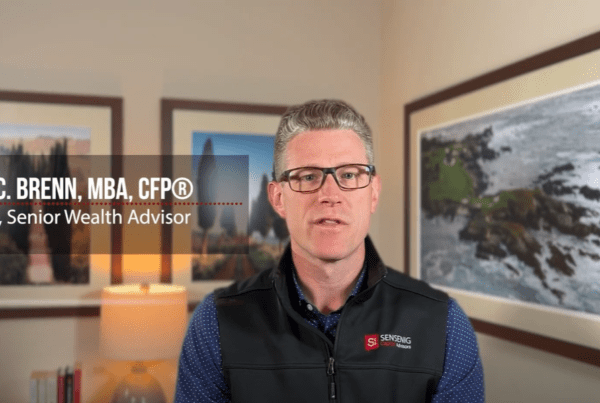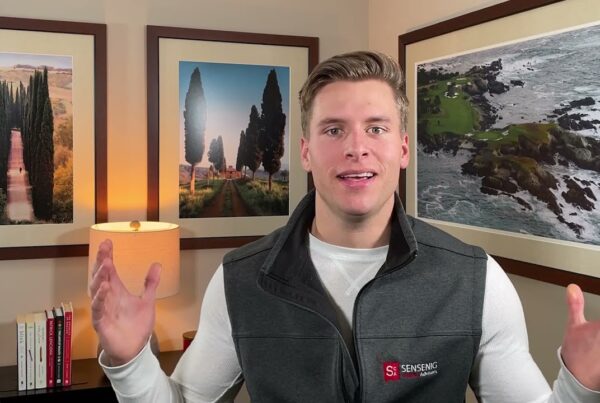 Conducting your due diligence … issuing a request for proposal (RFP) … comparison shopping. Call it what you will, when is the last time you’ve taken a good, hard look at whether you’re making the most of your personal wealth – especially your investments? It’s a good idea to seek a second opinion now and then on these, and other important considerations:
Conducting your due diligence … issuing a request for proposal (RFP) … comparison shopping. Call it what you will, when is the last time you’ve taken a good, hard look at whether you’re making the most of your personal wealth – especially your investments? It’s a good idea to seek a second opinion now and then on these, and other important considerations:
- Personal Suitability: Does your total portfolio, as well as the funds within it, do a good job of reflecting your personal goals, challenges, and tolerance for market risks?
- Accountability: Do you have a good grasp on what you hold, and why? Often, investors come to us having accumulated a slew of investments over the years, without knowing whether each holding plays a meaningful role in their greater portfolio, or their overall financial plan.
- Accuracy: Have the funds you’ve selected been managed as advertised? For example, if a fund claims to provide exposure to global stock market returns, has it done so? Some actively managed funds have excessive leeway to deviate from their stated mission, which can expose you to more, less, or different kinds of market risk than you intended.
- Costs (Including Taxes): Are comparable, or even better-managed investments available for less than you’ve been paying? Are your holdings located in the right taxable and tax-sheltered accounts for maximum tax efficiency?
Especially if you have your doubts to begin with, it’s stressful not knowing where you stand on these and similar questions about your investment portfolio. Even if you feel all is well, it can’t hurt to confirm that from time to time.
That said, there are wise and ill-advised ways to seek a second opinion on your investments.
First, seek substance. As suggested above, a reliable second opinion should be deeply informative and highly pertinent to YOU – not just some template with your name and a few numbers filled in here and there. It should offer you objective insights into each of your investments, as well as whether your total portfolio is optimized for your particular needs.
Likewise, watch out for veiled sales pitches. Consider it a red flag if a second opinion source is spending scant time learning about you and your unique financial circumstances, and excessive energy mostly touting their own products and services.
A second opinion should bring you financial clarity. You should be left feeling you now understand your own big picture: what you own and why you own it. Whether it’s along your existing path or in a new direction, you should be better equipped to proceed with improved confidence in your investments.
Would you like to receive a no-obligation second opinion from Sensenig Capital Advisors? It would be our pleasure to assist you. Please contact us at 610-584-9700 or info@sensenigcapital.com



